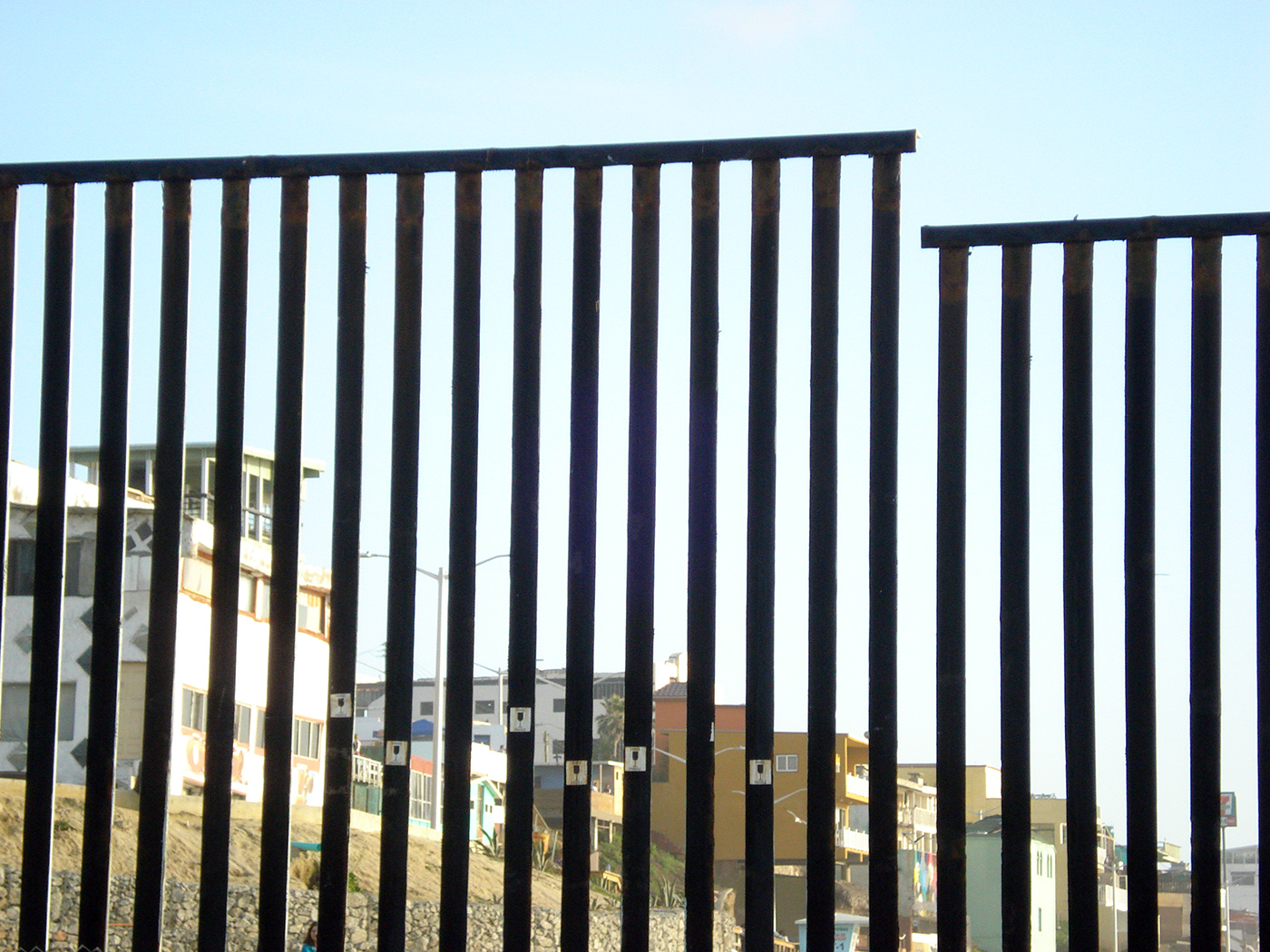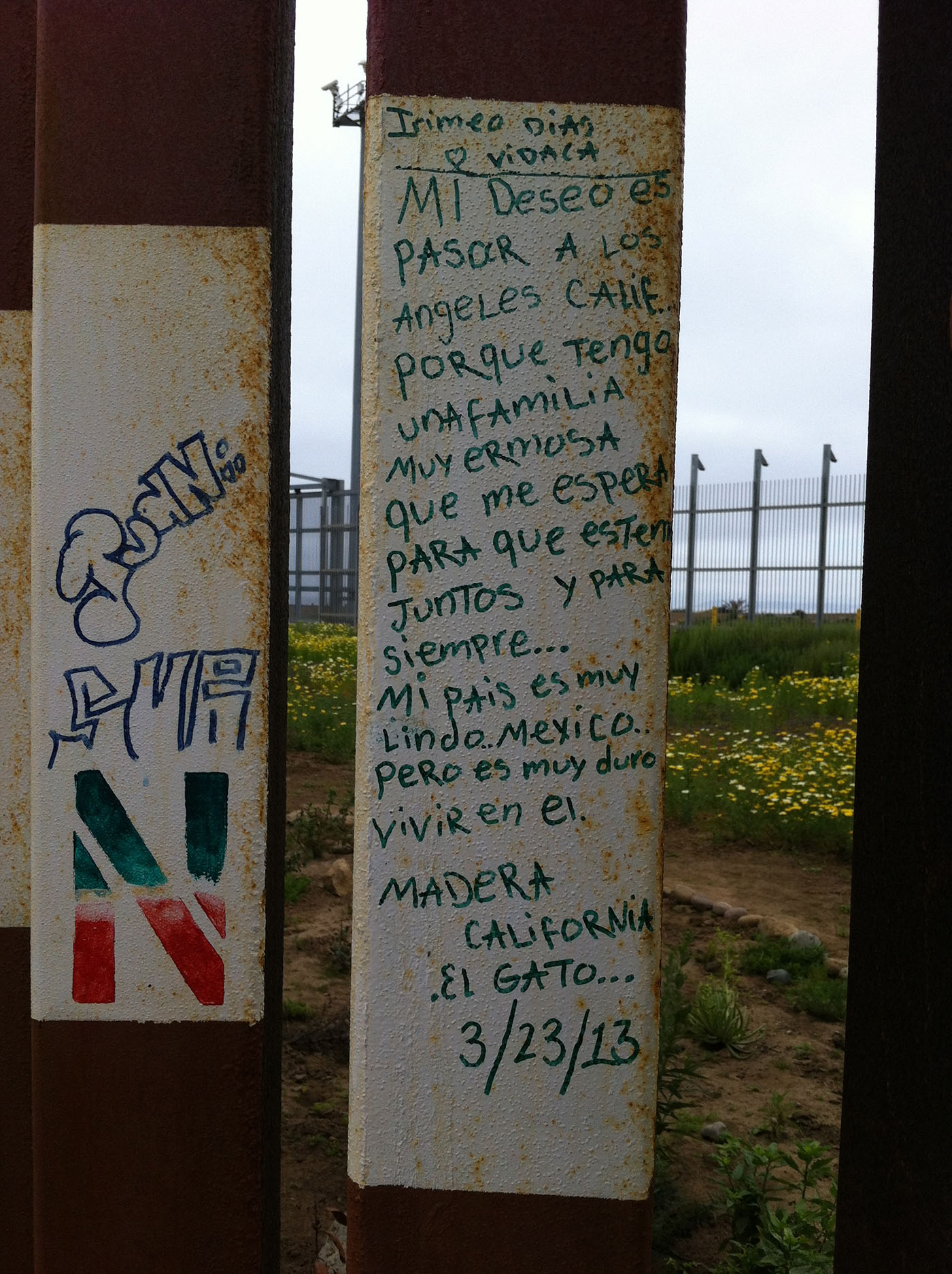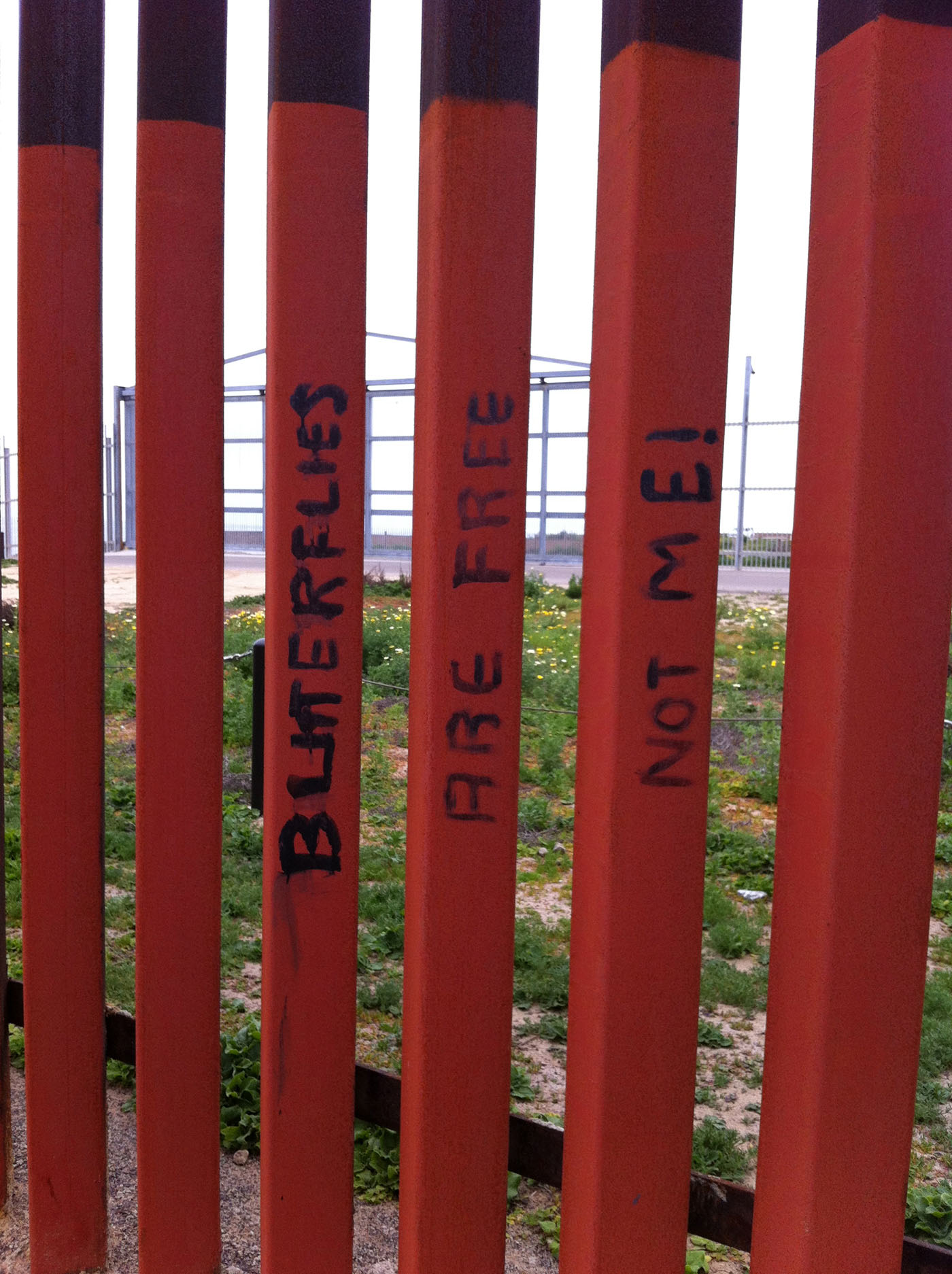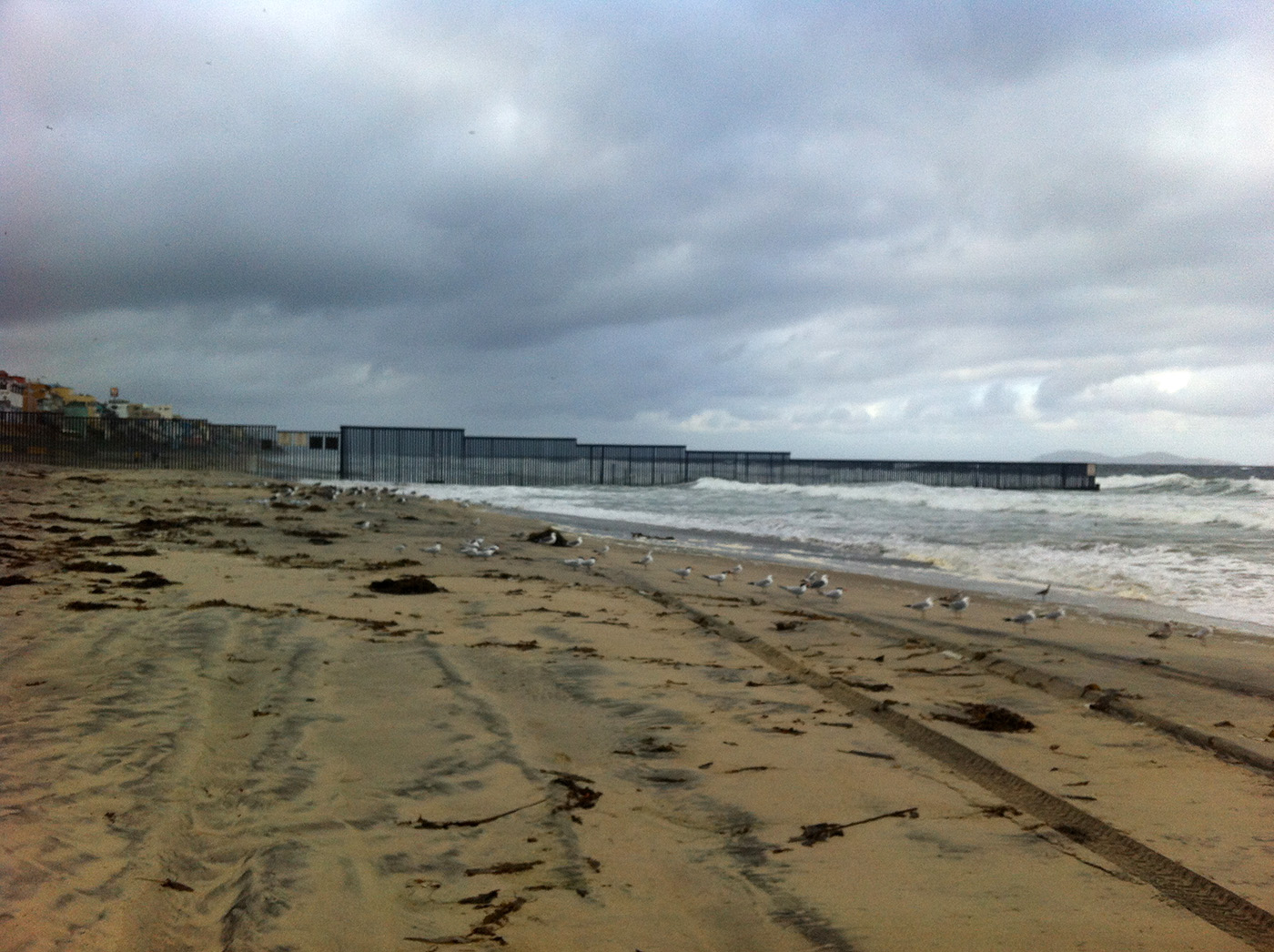Joint doctoral student, Elizabeth Kennedy, has received a US Fulbright Student Award to conduct research with repatriated child migrants and children and youth living in lower income neighborhoods in El Salvador. If time and resources permit, she will also work with the same populations in Guatemala and Honduras. These three nations are the primary sending countries of Unaccompanied Alien Children (UAC) to the United States, accounting for nearly 90 % of the 13,625 child migrants who entered shelters in 2012. The reasons for their migration are many, but it is important to note that these nations have amongst the highest rates of violence in the world, violence that disproportionately affects young people.
Ms. Kennedy has worked with these youth in US shelters for 20 months and founded and directs a student organization at San Diego State University that continues providing mentorship and high school, college and career readiness to UAC. In El Salvador, she will work most closely with Universidad Centroamericana’s IDHUCA team, led by Gilma Perez, Moises Gomez, and Amparo Marroquin, to implement a similar program there. She also has partnerships with Catholic Relief Services and the Foreign Ministry. She looks forward to helping develop regional solutions to regional problems.
Elizabeth’s championship of migrant children was eloquently expressed in an article she earlier wrote for JAMA Pediatrics, in which she argued that an apparent dearth of U.S. mental health services for migrant youth is exacerbating existing problems and creating new ones –– for the kids and for the country at large: “They’re leaving conflict-torn countries and taking long, dangerous journeys. They get here and are supposed to receive mandated services, but in the area of mental health care, the facilities caring for them fall short. And no one knows what happens to most of them once they leave,” Kennedy said. “What is happening? Are they getting an education? Are they adjusting? Often they’re fending for themselves, they have mental health issues that are not diagnosed, and they are self-medicating in destructive ways. This is definitely something that hasn’t received attention, and it should,” she added. “Some would say, ‘Well, it’s a small population.’ And it is, but they could potentially have a large impact, especially as they’re becoming a part of our larger undocumented population. With a minimal investment upfront, we can mobilize these highly motivated youth to be the future of our nation and region.”
Sent to live in short-term, temporary facilities while awaiting unification with family stateside –– or deportation proceedings sending them back to their countries –– alien children are under U.S. government care for approximately 50 to 75 days. They’re entitled to medical and mental health care for the duration. However, Kennedy said, it is unclear whether they’re getting much of the latter. Her article, “Unnecessary Suffering: Potential Unmet Mental Health Needs of Unaccompanied Alien Children,” cites a Congressional study finding that, in fact, from 2004 to 2007 most of these youth weren’t receiving any therapy: “75 percent did not have evidence of group counseling, and 56 percent did not have evidence of individual counseling.” “Of those who received counseling, whether it was evidence-based, conducted routinely, or led by a licensed practitioner, is not described,” Kennedy wrote. “Therefore, beyond large gaps in how treatment is theoretically delivered, large gaps exist in actual treatment delivery.” Making a case for the benefits of early intervention –– to the U.S. as well as the kids –– Kennedy argues that mental health services should be given greater priority to prevent a potential trickle-down effect with major implications (see the February 13, 2013 posting, “Elizabeth Kennedy Champions Health Care for Unaccompanied Migrant Children”).
Elizabeth’s proposal to the Fulbright award committee was titled “Journeying to be Someone: Unaccompanied Child Migrants.” It began by commenting: “Unaccompanied alien children” cross international borders without a parent or guardian and without appropriate legal documentation to travel. They share experiences of years-long family separation, widespread violence in home countries, higher rates of neglect and abuse, and dangerous journeys to destination. In only the first six months of 2012, more had arrived to the United States from El Salvador, Guatemala, Honduras, and Mexico than in all 2011, a trend seen in these four nations’ major cities as well. The President and CEO of the U.S. Committee on Refugees and Immigrants explained: ‘This is a regional problem and requires a regional response …’ This April, the First Ladies of each aforementioned nation arrived to Washington, D.C. to strategize regional solutions. Yet, they lack critical information to do so effectively.”
In the conclusion of her proposal, Elizabeth stated: “The proposed project is critical to creating holistic and informed policy and practice for unaccompanied child migrants at local, national, regional, and global levels. My doctoral dissertation unites research, education, and community outreach in Central America, Mexico, and the US. At origin, transit and destination, university, NGO, and governmental partnerships are formed, youth research assistants are trained to assist with community workshops, and K-12 curriculum around migration is disseminated. This is in progress in the transit site of San Diego. Concurrent with peer-reviewed publications, an interactive website, scholarly and professional presentations, and trainings are already occurring, and I will organize an International Children’s Geography Conference panel and a university course on transnational youth migration in 2014.”
Eleven San Diego State University students have received Fulbright awards for 2013-2014, tying the record number awarded to SDSU students in 2011. The Fulbright Program is the flagship international educational exchange program sponsored by the U.S. government. About 1,600 U.S. students, 4,000 foreign students, 1,200 U.S. scholars, and 900 visiting scholars receive awards annually. Named for U.S. Senator J. William Fulbright, the program was founded in 1946 to increase mutual understanding between the people of the United States and of other countries. Currently, the Fulbright program operates in more than 155 countries (source).
Editor’s note: Kudos to Elizabeth, as well as many thanks to her for providing most of the material for this article.

.jpg)







